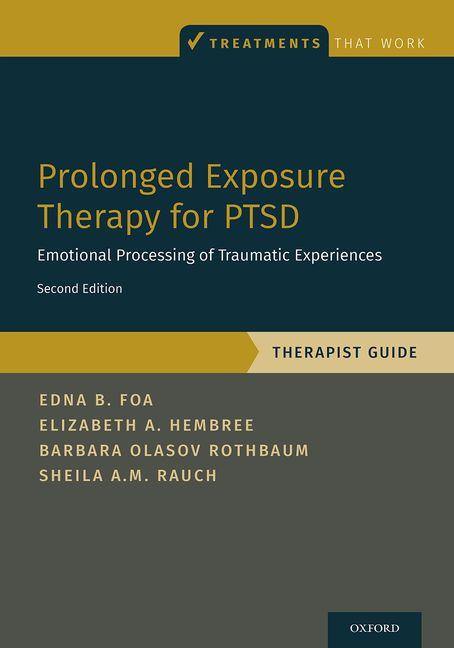Nearly everyone will experience an alarming or distressing event at some stage in their lives that may leave them feeling frightened and stressed. In these instances, most people will experience some form of emotional reaction which is a normal response to extreme stress, and over time most people will recover with the help of friends and family. However, in some cases, individuals may experience ongoing and more severe issues and thus develop Post Traumatic Stress Disorder (PTSD). For these individuals, professional advice and assistance is often necessary. It is believed anywhere between 5-40% of those who experience trauma will develop PTSD. Everyone responds differently to trauma and therefore a group of people could experience the same traumatic event yet only a few go on to develop ongoing problems.
Whether an individual is likely to develop PTSD will depend on various factors including:
- What the person was like before the trauma (i.e., their personality, values, beliefs)
- Their experience of previous traumatic events
- The severity of the present trauma
- What else is occurring in their lives at the time of the trauma
- The quality of social supports after the trauma occurs
What is trauma?
Trauma is highly subjective which means that an event or experience that traumatises one person may have little effect on another. However, typically trauma involves some form of threat to life or injury to either oneself or to another individual and causes the person affected to respond with extreme panic, helplessness, or terror. Some common examples of traumatic events include but are not limited to, war experiences, physical or sexual assault, car accidents, witnessing the death or injury of another person, and experiencing a natural disaster.
Symptoms of traumatic stress
If an individual experiences a traumatic event, it is common to have a response that involves some (or all) of the following elements:
Physical sensations
- Rapid heartbeat, difficulty breathing, chest tightness or pain, feeling smothered (like you can’t get enough air)
- Trembling, sweating, feeling dizzy or fainting
- Upset stomach
- Difficulty relaxing, constantly feeling ‘on edge’ or ‘jumpy’, being easily startled
- Irritability or restlessness
- Difficulty sleeping or nightmares
- Increased or reduced appetite
Changes in thinking
- Confusion, difficulty concentrating, making decisions and thinking clearly
- Flashbacks to the event. This may include thoughts or images of the event popping into your mind
- Feeling like the event is re-occurring. Many people report experiences where they feel as though the event is happening to them repeatedly
- Avoiding thinking about the event. Many people try to suppress thoughts or images of the event that come to mind because of the distress that those thoughts cause
Emotions and feelings
- Shock, numbness and disbelief
- Feeling isolated or distant from others
- Anxiety, panic and fear
- Anger (e.g., at ‘God’, the ‘universe’, others, and oneself).
- Feelings of injustice and unfairness
- Sadness
- Guilt
- Shame
Behaviours
- It is common to avoid places, people or objects that remind you of the event
- Difficulty or inability to work and socialise
- Reduced motivation and concentration
- Social withdrawal
- Using alcohol or drugs to cope with uncomfortable feelings
Everyone who is exposed to a traumatic event will have some level of these symptoms. Most often the symptoms will resolve within a few days or weeks of the event. However, if symptoms continue, some people may go on to develop PTSD. Symptoms of PTSD are the same as those listed above, however the symptoms do not go away over time. In PTSD, symptoms usually begin within 3 months of the incident but can sometimes emerge many years afterwards.
Implications and associated problems of PTSD
As a result of PTSD, many individuals may go on to develop a range of other issues that can significantly impact their personal relationships, ability to work and subsequently their quality of life. A lot of these issues are often a result of the individual attempting to suppress painful memories and control their symptoms. For instance, individuals may turn to drugs and alcohol to numb their symptoms or avoid certain situations that remind them of the traumatic event. In addition, it is common for PTSD sufferers to engage in angry outbursts and attack those closest to them as a way of dealing with their issues which can significantly impact their social relationships. Many untreated individuals also go on to develop depression and anxiety as well as alcohol and drug dependence and thus it is vital PTSD sufferers seek professional help early.
Treatment for PTSD
The most effective treatment for PTSD, and that used by the Clinical Psychologists at this practice is Cognitive-Behaviour Therapy. This type of therapy will typically involve some form of education and learning about trauma and PTSD, why we react to trauma in the way we do, and how and why PTSD is treated. The psychologist will also work with the client to develop specific strategies to address the anxiety and distress. The psychologist will assist the individual to develop various coping strategies and lifestyle changes that will help them feel more resilient. Additionally, the psychologist will typically use some form of ‘exposure’ therapy to help the individual confront any feared situations that they had been avoiding and painful memories. This part of therapy can be hard work and very painful but necessary for long-term recovery. The psychologist will not proceed with exposure therapy until the client is ready and will do this gradually at a pace the client can manage. Finally, the psychologist will help the client learn strategies to prevent future relapse and obtain ongoing support.
If you think that you might have PTSD or be at risk of developing it, you should consider seeking help. The earlier this disorder is detected, the easier it is to treat.
If you would like to find out more about our treatment for PTSD or Trauma, or to book an appointment with one of our clinical psychologists who provide treatment for these conditions, please email or call the clinic on 02 9438 2511.


